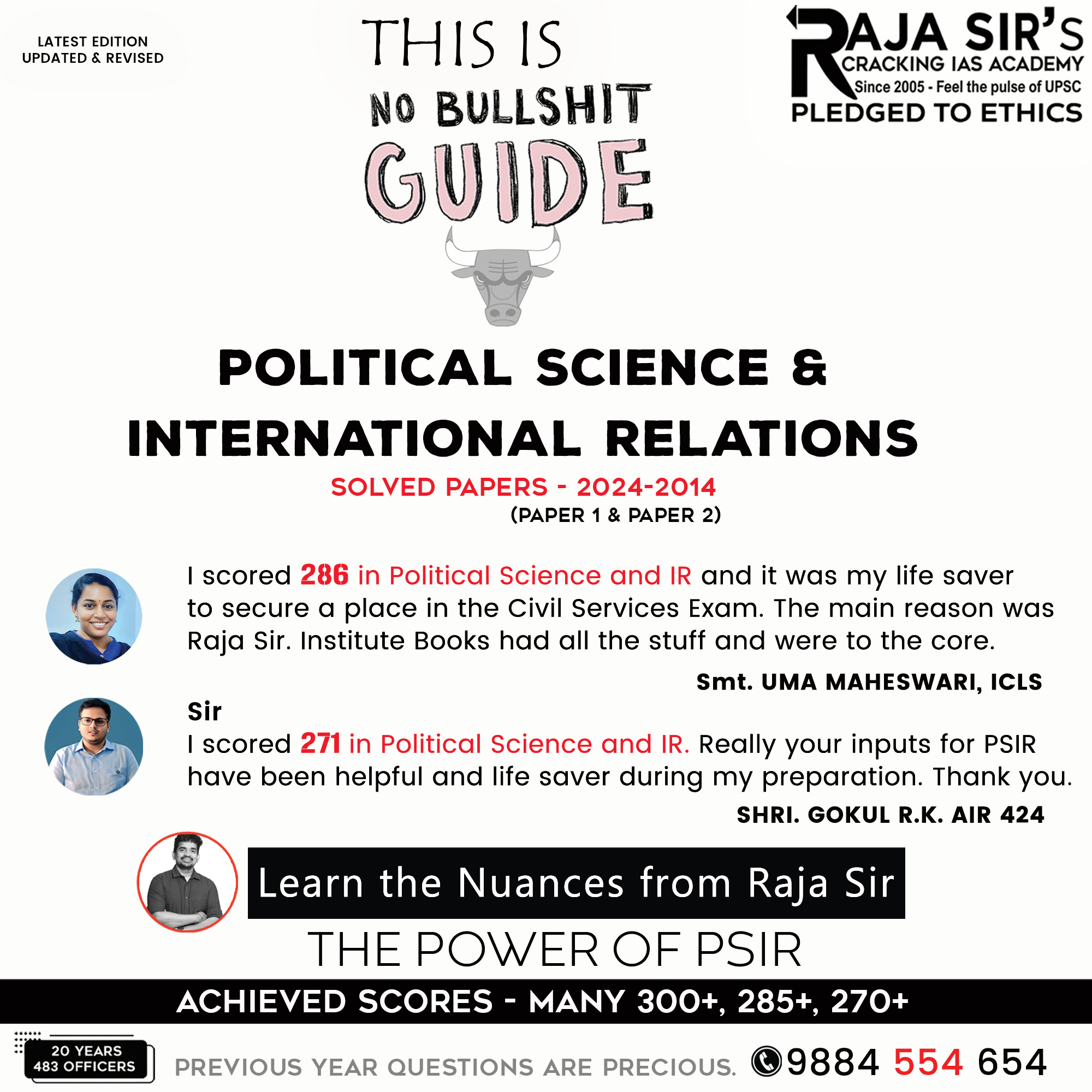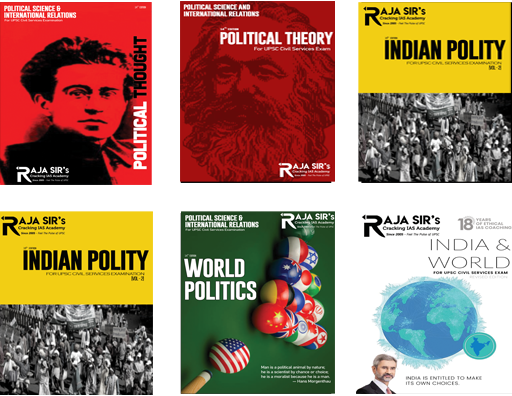- Home
- Prelims
- Mains
- Current Affairs
- Study Materials
- Test Series
India’s Russia policy must be multi-dimensional, principled, and adaptation. Explain with reference to the development since 2020. (20 Marks) [ Political Science and International Relations (PSIR) - Answer Writing Practice Paper 2]

India’s foreign policy towards Russia has undergone significant recalibration since 2020, shaped by global disruptions such as the Russia-Ukraine war, Western sanctions, and U.S. tariff pressures. In this evolving landscape, India’s approach must be multi-dimensional to balance strategic interests, principled to uphold sovereignty and global norms, and adaptive to respond to shifting alliances and economic realities.
Major Developments Since 2020
Russia-Ukraine Conflict (2022–Present)
- India maintained a neutral stance, calling for dialogue and peace without condemning Russia.
- Despite Western pressure, India continued importing discounted Russian oil, prioritizing energy security.
- This led to U.S. tariffs on Indian goods, accusing India of indirectly financing Russia’s war.
Strategic Engagements
- India and Russia reaffirmed their “Special and Privileged Strategic Partnership”, with regular summits and ministerial dialogues.
- NSA Ajit Doval’s visit to Moscow in 2025 emphasized cooperation in defence, energy, and global governance.
- Russia is set to deliver remaining S-400 missile systems to India by 2027.
RIC (Russia-India-China) Revival
- Amid U.S. tariffs, Russia pushed to revive the RIC troika as a Eurasian counterbalance.
- India cautiously engaged, balancing its border tensions with China and strategic autonomy.
Defence and Energy Cooperation
- India remains a top buyer of Russian crude, though state refiners have scaled back amid narrowing discounts.
- Defence imports from Russia have declined, with India diversifying suppliers and boosting indigenous production.
Policy Must Be Multi-Dimensional
- Strategic: Maintain defence ties while expanding cooperation in space, nuclear energy, and cybersecurity.
- Economic: Diversify trade beyond oil and arms to include pharma, agriculture, and technology.
- Diplomatic: Engage Russia in multilateral forums (BRICS, SCO) while preserving strategic autonomy.
Policy Must Be Principled
- Uphold international law and sovereignty without compromising national interest.
- Defend India’s right to independent foreign policy, as seen in its response to Western criticism over oil imports.
- Promote peaceful resolution of conflicts, consistent with India’s global image.
Policy Must Be Adaptive
- Respond to changing global power equations, including U.S.-China-Russia dynamics.
- Adjust to economic pressures, such as sanctions and tariffs.
- Leverage opportunities in new regional alignments, including Eurasian diplomacy and South-South cooperation.
India’s Russia policy must evolve from a legacy of Cold War camaraderie to a strategic, pragmatic, and future-ready partnership. By being multi-dimensional, principled, and adaptive, India can safeguard its interests, uphold its values, and assert its role as a global balancing power in a turbulent world.










 Latest News
Latest News

 General Studies
General Studies